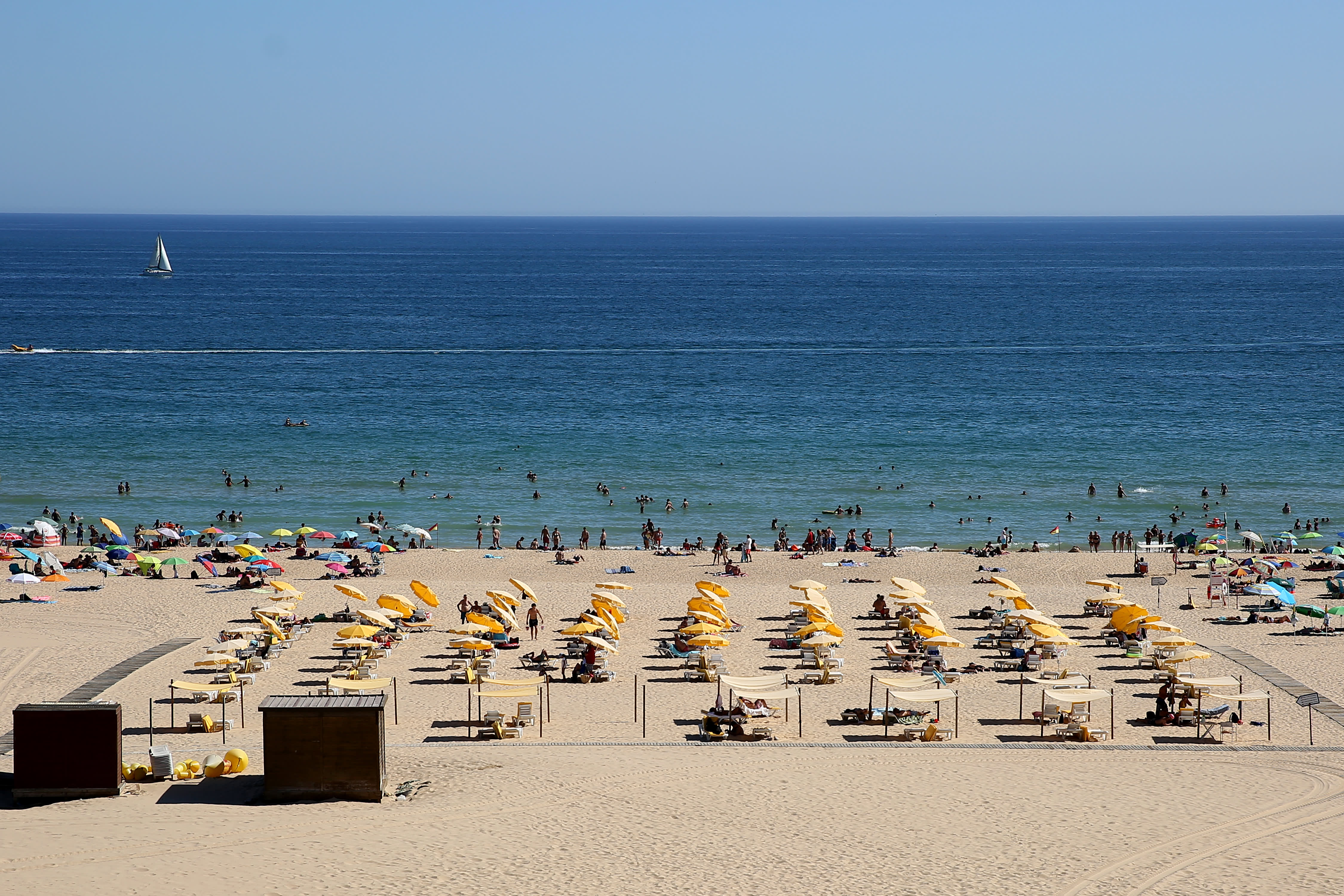Delicious pasta in Florence, a walk down the Champs-Élysées in Paris, or a beautiful sunset on one of the Greek islands — tourism in Europe is looking to get back to normal this summer.
EU countries officially agreed on Thursday to welcome foreign travelers who have received one of the coronavirus vaccines approved by European regulators. So far, these include the vaccines from Pfizer and BioNTech, Moderna, AstraZeneca and Johnson & Johnson. Vaccinated people will be allowed to enter the bloc, if they’ve received the last recommended dose at least 14 days before their arrival in the EU.
Ultimately, each member state will decide when to reopen its borders and to whom. Therefore, each government from the 27 nations will decide whether to completely lift quarantine measures and/or testing for international visitors.
Children who are excluded from vaccination can travel to the bloc with their family, if they’ve had a negative test no more than 72 hours before arrival.
Though it remains to be seen how each EU nation will welcome foreign travelers, the agreement at the EU level is a welcome step by the battered tourism industry.
“We know that consumers want to be able to travel this summer and so we welcome that European countries could enable those who are vaccinated could travel without the need for testing,” a spokesperson for the airline easyJet told CNBC via email.
“It is of course important that this is implemented in a simple way to ensure it is easy for passengers,” the same spokesperson said.
The EU decision could be particularly important for British tourists, who are now outside of the EU and represent one of the most important markets for tourism-reliant EU nations. In addition, people in the United States, Israel and other highly vaccinated parts of the world are also likely to benefit from the EU’s stance.
Up until now, the EU was only assessing a country’s coronavirus infection rate to decide whether visitors should be allowed in. But the bloc is also now relaxing this rule and more citizens from more countries will get the greenlight.
But, Brussels is also conscious that the health situation might change due to new variants of the virus.
As a result, EU countries have also agreed on a new “emergency break,” meaning that if the epidemiological situation in one nation deteriorates, then they will be able to impose travel restrictions from that country quickly.
Travel and leisure stocks were slightly higher in early afternoon European trading hours.
Stephen Furlong, senior analyst at wealth management firm Davy, told CNBC that the EU’s decision was broadly expected by market players, hence the muted stock reaction.
“It is still not clear whether the U.S. is opening to Europe,” he said, regarding one of the main uncertainties for international travel this summer, while predicting that he doesn’t expect “consumers will travel in scale.”
